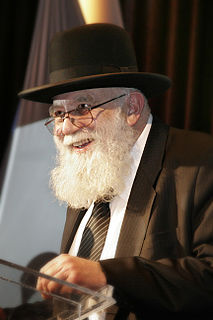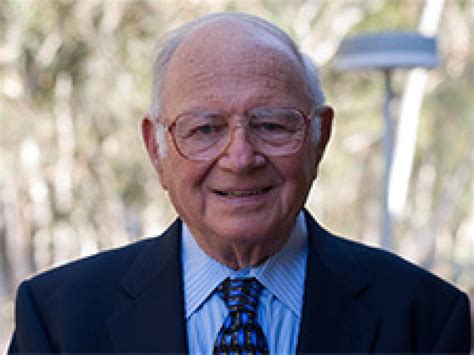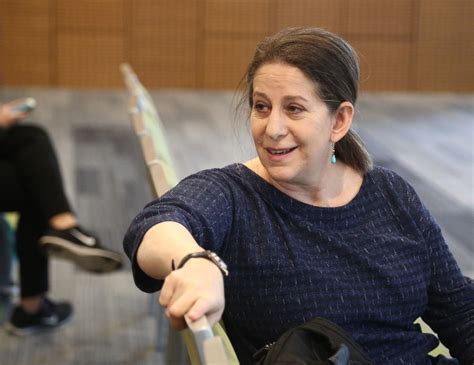A Quote by Kim Young-ha
It's an open secret: Even now, in the 21st century, Korean executives often consult spiritual advisers before making major business decisions - decisions that can affect their employees around the world.
Related Quotes
A hundred years ago-even 20 or 30 years ago-it was possible, if not always easy, to close major business by calling on and satisfying a key decision-maker. Today, every piece of business entails multiple decisions, and those decisions are virtually never made by the same person. Not only do you have to contend with multiple decisions, but the people who make those decisions may not even work in the same place.
Writing a novel, when it's all going well, it's wonderful. You're lost in the world, and you have a relationship with your own mind. Also, as a novelist, you don't have to yell at anyone. But being an executive producer of a TV show, all you have is people coming at you with questions, and you're making decisions, decisions, decisions.
North Korean defectors often find it hard to settle down. It is not easy for somebody who’s escaped a totalitarian country to live in the free world. Defectors have to rediscover who they are in a world that offers endless possibilities. Choosing where to live, what to do, even which clothes to put on in the morning is tough enough for those of us accustomed to making choices; it can be utterly paralyzing for people who’ve had decisions made for them by the state their entire lives.




































